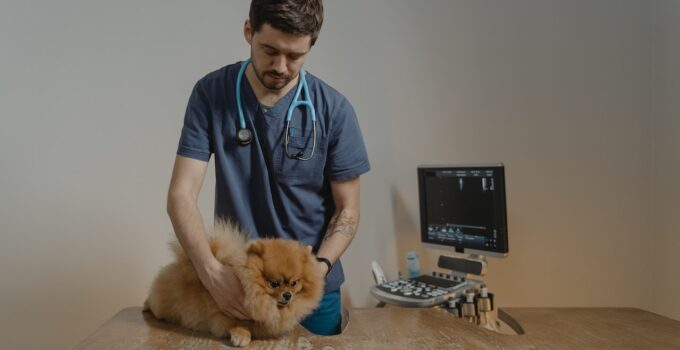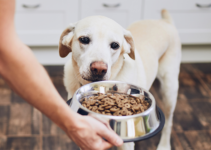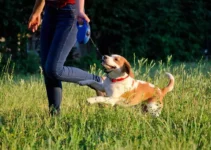Just like babies, dogs are adorable. Who can resist those puppy eyes? But as a baby, a dog eats up your time and money. Being a pawrent can be expensive. Unexpected medical expenses can take you by surprise and jeopardize your finances. It’s estimated that one in three pets requires an emergency vet visit every year. Pet care costs continue to rise, so it would be best to have insurance to avoid overpaying. The best way to avoid a shock is to be prepared. For the sake of your budget, it’s crucial to be wise about the health issues that can surprise you with a high price tag.
Parvovirus Infection
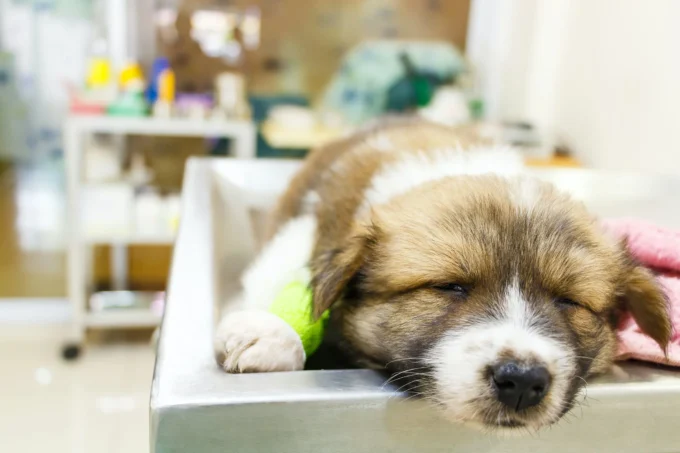
Source: wagwalking.com
Parvovirus is a contagious virus that spreads through direct or indirect contact and affects the body’s ability to absorb nutrients. An infected dog can become dehydrated immediately and weak from the lack of protein and fluid absorption. Regrettably, many animals who are diagnosed with the disease pass away. Whether or not your fur baby will survive depends on their overall health and how early they receive treatment. Your healthcare provider will work with you to develop a plan that includes one or more treatment options. Parvovirus infection isn’t always fatal, but it’s expensive unless you have dog insurance.
You’re probably familiar with the saying “prevention is better than cure”. It’s best to take precautions. Protecting your puppy or dog from parvovirus can save their life. vaccination is the best way to prevent your pet from getting parvo. The amount of virus in the vaccine isn’t enough to make them sick. Your vet will advise you on the best vaccination plan for your furry friend. It’s not a good idea to take your unvaccinated dog in parks, pet stores, or other public areas as they can get exposed to the virus. Parvo can survive on the ground for many months.
Gastrointestinal Obstruction
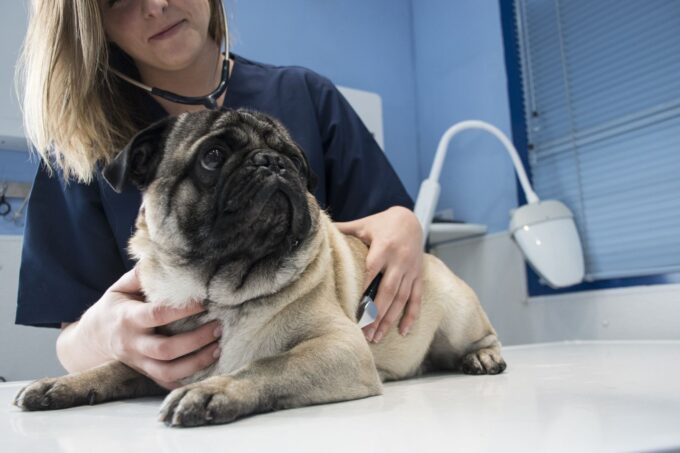
Source: thesprucepets.com
Dogs eat everything because of curiosity. They want to discover the world. A pet ingesting a foreign object can lead to a hefty vet bill. When the foreign object reaches the intestinal tract, your furry friend will experience vomiting, bloating, pain, and lethargy. It’s difficult, if not impossible, for the dog to pass stool or gas. Objects that are likely to cause gastrointestinal obstruction are bones, toys, sticks, and balls. The condition itself is treatable but requires surgical intervention. In some cases, the vet can remove the foreign object with an endoscope. It’s a minimally invasive procedure to remove items that have been swallowed.
Ligament Damage in The Knee
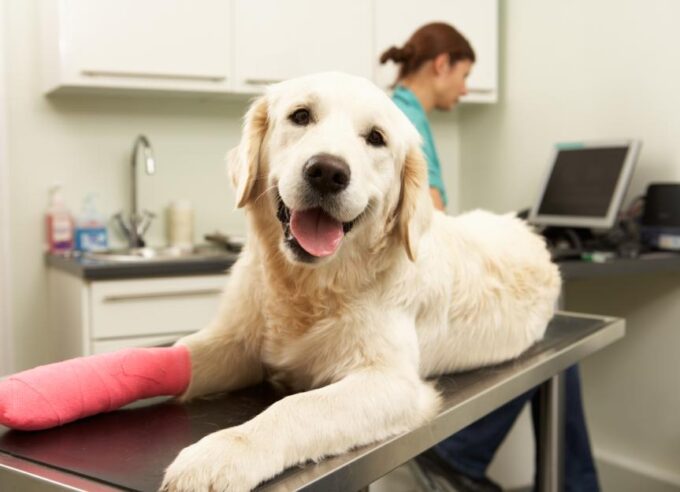
Source: petmd.com
If your dog changes direction suddenly while they’re running, their ligament might rupture or tear. Bigger dogs are more prone to suffering ligament damage in the knee. Age is another factor to take into account. Lameness is the most obvious symptom of a torn knee ligament. Your fur baby isn’t able to bear weight on the affected leg. Treatment will turn out to be expensive. That’s because it requires x-rays for diagnosis, not to mention surgery. The cost of surgical correction varies based on the size of the animal. As you can see, it’s important to have pet insurance. Bivvy charges a low rate for accident and illness coverage. You pay small amounts of money per month and are covered financially if anything happens.
Helping your pooch through the recovery period is crucial. Don’t allow any of the usual forms of play activity, like chasing the ball. Your four-legged friend should rest as much as possible following surgery. Short walks keep the joints moving, so the dog won’t suffer wear and tear once they ease back into normal life. Examine your dog’s environment and identify potential problems. For instance, if your dog loves to spend as much time in the backyard as possible, keep them from escaping. They might chase a cat or a bird at high speed. It’s essential to avoid running, jumping, and so on.
Dental Emergency
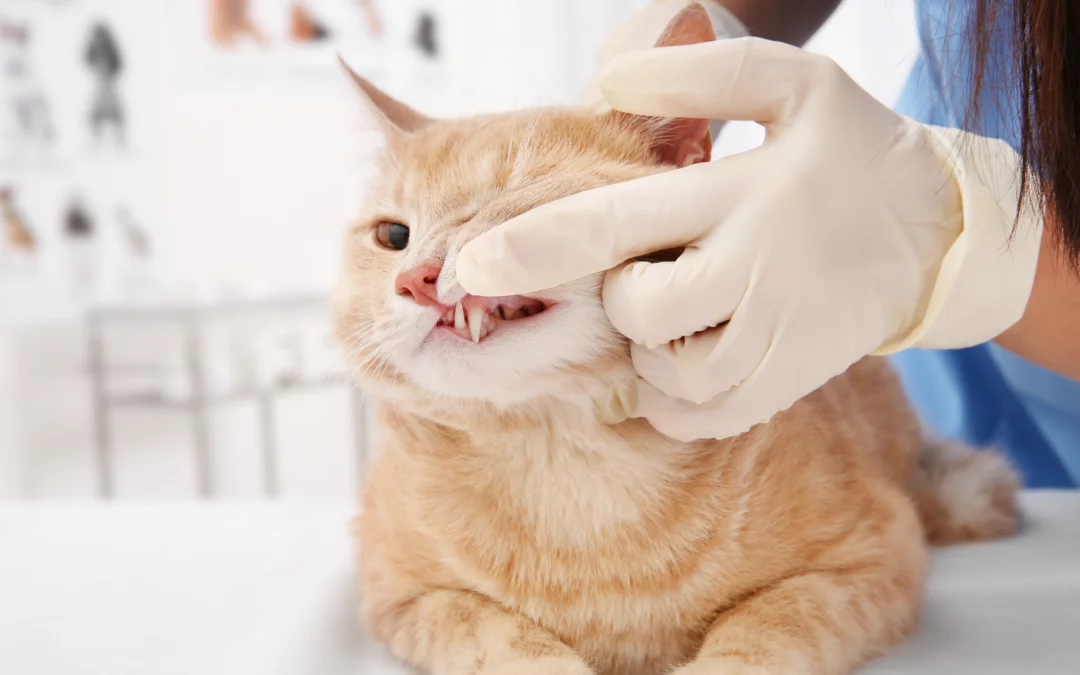
Source: thecovevets.com
Dental issues can affect dogs of any breed. The most common problems are fractured teeth and periodontal disease. Regular maintenance is a must if you want to keep your pooch’s teeth and gums in good shape. If your dog has a broken tooth, that counts as an emergency. Also, if your pet has a stinky breath, take them to the vet immediately. A vet can manage any type of oral disease. It would be best to get dental insurance along with your pet insurance. Make sure to protect your dog’s health. Daily tooth brushing isn’t enough for good dental hygiene. Damage can still occur.
Pet Insurance Provides Financial Protection
Vets have become more sophisticated and they’re better able to diagnose and treat ailments. As a result, vet care costs have risen. Some expenses can’t be avoided, so it would be best to take out insurance. This coverage policy is similar to health insurance policies for humans, in the sense that it covers, entirely or up to a certain extent, costly vet procedures. You’ll pay a monthly or annual premium, and may have to co-pay. Bear in mind that some vets only accept payment from the owner at the time of treatment. After you pay, you must file a claim with the pet insurance provider and wait.
Owning a dog is a privilege and you must take responsibility for the costs of seeing the vet. The vet profession supports using insurance because it’s a practical means of providing the best care when needed. Select the type of product and the level of coverage that meets your needs. Attention must be paid to the fact that most policies have a medical exclusion period; it’s a sort of waiting period. When deciding on pet insurance, take into account the working of the policy. More exactly, read the terms and conditions.
All in all, routine vet visits help your furry friend live a long, happy, and healthy life. Don’t skip visits even if your pet seems perfectly fine. It’s more expensive and riskier to treat injury or illness than to protect against them. Responsible pawrents keep their pets healthy. That’s what taking care of an animal really entails.

